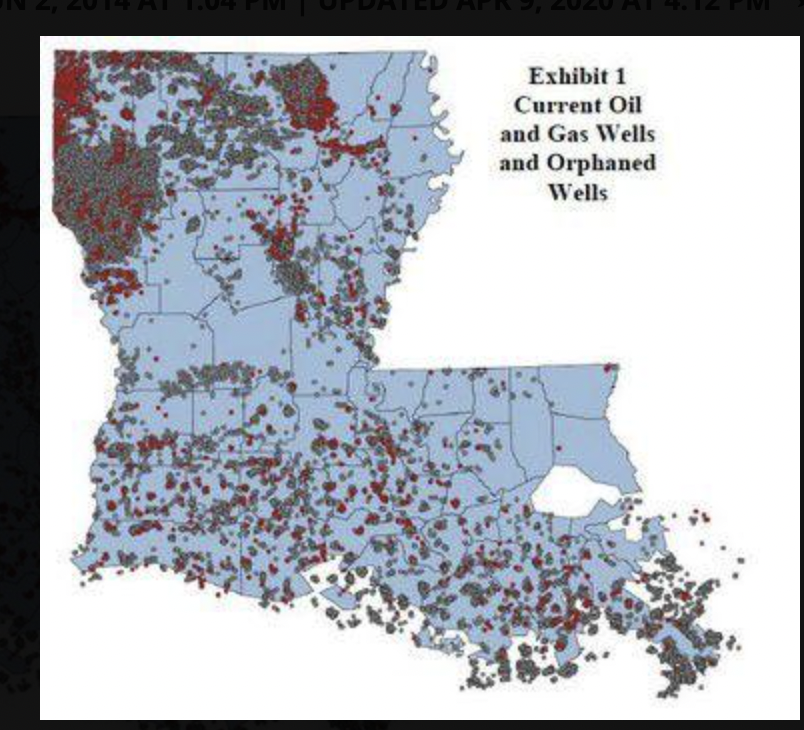
- Details
- By Jenna Kunze
In mid-November, President Joe Biden signed into law a $1.2 trillion infrastructure bill that includes at least $11 billion allocation to Native communities to improve roads, expand broadband access, and fund sanitation, water rights, and environmental reclamation projects.
According to National Congress of American Indians chairperson Aaron Payment, who provided testimony on the bill, the real figure going to Indian Country was drafted to be $15 billion, but in the final draft was closer to $14 billion towards roads and bridges, water and sewer, and broadband.
Fifteen days after the bill passed, questions remain about how and when the funding will be distributed, to which tribes, and when.
According to the Department of the Interior spokesperson Tyler Cherry on Tuesday, the department is “already getting to work building out programs that will require new structures, such as the orphan well and hardrock mine cleanup programs.”
Within the next two months, the Interior will stand up the orphan well clean-up program, he said.
Want more Native News? Get the free daily newsletter today.
The bill includes $30 million for states and the federal government to plug, remediate, and reclaim orphaned wells on federal land, according to a Senate Committee on Indian Affairs break down. Half of all orphaned wells in the country reside in Pennsylvania, Kentucky, Ohio and West Virginia at an estimated total of 27,525 of the 56,600 total documented wells in the country, according to supplemental research provided to Congress. But according to researcher out of West Virginia, Ted Boettner, just plugging the orphaned wells in the four most affected states would cost $45 million.
Cherry said the department will be consulting with tribes, states and federal agencies to launch programs and allocate infrastructure monies. He said the department will share its timeline and plans with Congress and the public “as soon as possible.”
According to Payment, it’s pretty standard that details of the bill haven’t been released yet. He said that NCAI is advocating for early and swift tribal consultation, and for the money to be allocated through non-competitive grants based on formula funding.
“In the best possible world, we would do a formula funding approach for the whole thing,” Payment said. “But we're not all going to agree on what that looks like. We vary so much and so the infrastructure needs are a big part of how those monies will be pushed out.”
As for application, Payment said he’s hoping for more of an application rather than a competitive grant cycle, where tribes would simply list their needs and be granted funding.
“The funds are needed now,” he said. “ We’ve got to get it right but we need to expedite the consultation process. Any money that we get for the tribes is not welfare, i's not reparations. It's honoring the treaty and trust responsibility. In particular, with infrastructure, we were left without land and resources. So the federal government...should make sure that we have a proportionate share of the benefit equal to our population.”
More Stories Like This
Gwich'in Tribal Governments Submit Comments Challenging Fish and Wildlife Service's Inadequate Environmental Review of Arctic Refuge Snow RoadRappahannock Tribe Challenges 9M-Gallon Water Plan
Feds release draft long-term plans for Colorado River management
Apache Leader Walks 60 Miles to Court Hearing That Will Decide Fate of Sacred Oak Flat
Rappahannock Tribe Raises Sovereignty and Environmental Concerns Over Caroline County Water Permit
Help us defend tribal sovereignty.
At Native News Online, our mission is rooted in telling the stories that strengthen sovereignty and uplift Indigenous voices — not just at year’s end, but every single day.
Because of your generosity last year, we were able to keep our reporters on the ground in tribal communities, at national gatherings and in the halls of Congress — covering the issues that matter most to Indian Country: sovereignty, culture, education, health and economic opportunity.
That support sustained us through a tough year in 2025. Now, as we look to the year ahead, we need your help right now to ensure warrior journalism remains strong — reporting that defends tribal sovereignty, amplifies Native truth, and holds power accountable.
 The stakes couldn't be higher. Your support keeps Native voices heard, Native stories told and Native sovereignty defended.
The stakes couldn't be higher. Your support keeps Native voices heard, Native stories told and Native sovereignty defended.
Stand with Warrior Journalism today.
Levi Rickert (Potawatomi), Editor & Publisher

